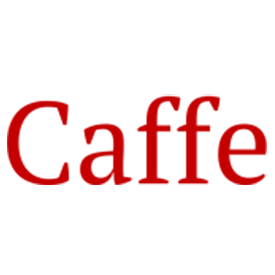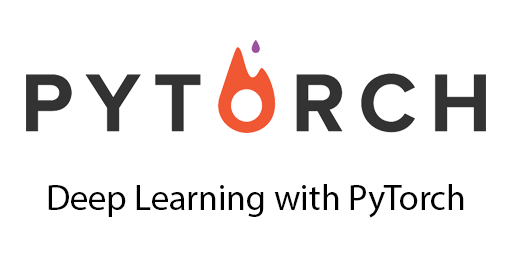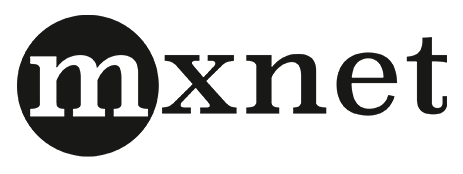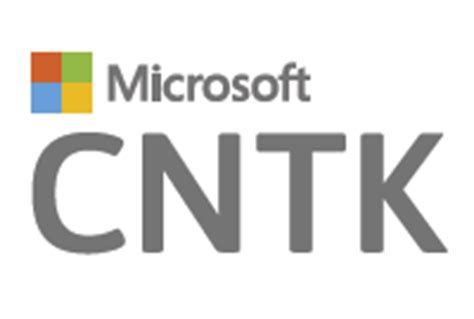
Open-Source Internship opportunity by OpenGenus for programmers. Apply now.
Reading time: 20 minutes
In this article, we have explored some of the top Deep Learning frameworks that are out there and you should definitely try out. Read through all the frameworks to understand which framework suites your need the best.
It is a very important step to determine the right framework for your need.
TensorFlow

Tensorflow was developed by the Google Brain team and open-sourced in 2015. It is a Python-based library capable of running on multiple CPUs and GPUs. It is available on all platforms, desktop, and mobile. It also has support for other languages such as C++ and R and can be used directly to create deep learning models, or by using wrapper libraries (for e.g. Keras) on top of it.
Tensorflow Lite is a lightweight version of TensorFlow which is a machine learning solution for mobile and embedded devices.
Keras

Keras was built as a simplified interface for building efficient neural networks in just a few lines of code. Keras is very lightweight, easy to use, and pretty straightforward to learn. Because of these reasons, Tensorflow has incorporated Keras as part of its core API. Keras has a nice documentation as well.
Caffe/ Caffe2

Caffe is one of the first deep learning libraries developed by Berkeley Vision and Learning Center (BVLC). It is an open source C++ library which also has a Python interface and finds its primary application in modeling Convolutional Neural Networks. One of the major benefits of using this library is that you can get a number of pre-trained networks directly from the Caffe Model Zoo, available for immediate use.
Facebook also recently open-sourced Caffe2, a new light-weight, modular deep learning framework which offers greater flexibility for building high-performance deep learning models.
Torch

Torch is a Lua-based deep learning framework and has been used and developed by big players such as Facebook, Twitter and Google. It makes use of the C/C++ libraries as well as CUDA for GPU processing. Torch was built with an aim to achieve maximum flexibility and make the process of building your models extremely simple.
PyTorch

PyTorch is a Python package for building deep neural networks and performing complex tensor computations. PyTorch is the Python implementation of Torch. PyTorch improves upon Torch’s architectural style and does not have any support for containers which makes the entire deep modeling process easier and transparent.
MXNet

MXNet is one of the most languages-supported deep learning frameworks with support for languages such as R, Python, C++ and Julia. The backend is written in C++ and CUDA, and is able to manage its own memory like Theano (which is abandoned currently by MILA). MXNet is also popular because it scales very well and is able to work with multiple GPUs and computers, which makes it very useful for the enterprises. This is also one of the reasons why Amazon made MXNet its reference library for Deep Learning too.
Microsoft Cognitive Toolkit / CNTK

Microsoft Cognitive Toolkit (CNTK) is an open-source deep learning toolkit to train deep learning models. It is highly optimized and has support for languages such as Python and C++. Known for its efficient resource utilization, you can easily implement efficient Reinforcement Learning models or Generative Adversarial Networks (GANs) using the Cognitive Toolkit. It is designed to achieve high scalability and performance and is known to provide high-performance gains
deeplearn.js
deeplearn.js is an open-source, JavaScript-based deep learning library which runs on both WebGL 1.0 and WebGL 2.0. It is developed by Google Brain Team. With this, you do not need any specialized hardware to train your neural networks. You can use this to train your models right in the browser.
BigDL
BigDL is distributed deep learning library for Apache Spark and is designed to scale quickly. With the help of BigDL, you can run your deep learning applications directly on Spark or Hadoop clusters, by writing them as Spark programs. It has a rich deep learning support and uses Intel’s Math Kernel Library (MKL) to ensure high performance. Using BigDL, you can also load your pre-trained Torch or Caffe models into Spark.
